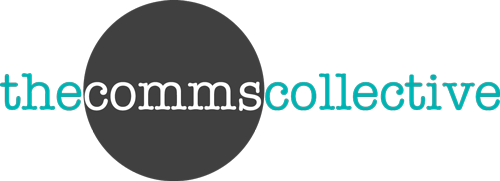“Sue is a very engaging and knowledgeable trainer who provides you with practical tips to enhance your writing. Sue also adds value to the training course agenda where possible. I found the course very productive as it allowed you to work on your own projects with Sue providing guidance and feedback as you developed your work. I would highly recommend this training to anyone looking to learn and improve their writing skills.” – Jess
Edit With Ease
“I found the writing course was of great benefit because it went beyond theoretical learnings and was applied to actual working documents. This provided both a learning opportunity and a way to stay on top of existing deadlines.” – Fiona Merida
COURSE 1: EDIT WITH EASE
Suggested timing:
Full day: 9:30am to 4:00pm with 45 minute lunch break
Course timing can be scheduled to suit your group
Do you ever look at your writing and think: I know this could be better, but I don’t know how?
Are you tasked with approving the writing of others, but not sure how to coach them to improve?
Chances are, the answer lies in the edit.
Whether it’s a report, a proposal, or even an email, the editing process is the key to turning your writing into a clear and compelling piece of work. If you know how to approach it, it can even be (virtually) painless.
In this hands-on one day course with our experienced journalists and communications experts, you’ll learn how a timely edit can turn a report, proposal or important email into a clear, focused piece of work.
By the end of the day you’ll have acquired skills and strategies to quickly and more effectively edit your writing. We’ll also teach you how to give appropriate and constructive feedback on the work of others.
You’ll never look at a piece of written work the same way again!
COURSE STRUCTURE:
As practice is the best way to improve your writing, all of our courses involve a fifty-fifty split between learning and doing.
MORNING:
You’ll learn:
1. How to approach the editing process with ease
2. Five strategies professional writers use when editing their work
3. A formula to help you structure specific types of documents
4. Seven things to look for when you are editing a work document
5. How to maximise your time when editing your work, or that of others
6. How to coach others to improve their own writing
7. What to do to ensure your writing is clear, engaging and focused
AFTERNOON:
In a workshop session, you will put your new skills into action by turning a number of poorly written documents into engaging, well-written copy. You’ll have the chance to work individually while your highly experienced writing coach gives each attendee targeted, honest feedback. You may bring one or two of your own work documents to the afternoon session.
BRING:
-
A laptop (not required, but recommended)
-
Examples of your own writing work (not required, but recommended)
THIS COURSE IS PERFECT FOR:
Government employees who have a base level of confidence in writing but want to take their writing to the next level.
NOTE:
-
Structural editing is the reworking of documents to improve them quickly and efficiently. This is not a course in how to use good grammar and punctuation, though these are a part of successful writing and may be discussed briefly in some parts of the course.
-
This course does not teach the proofing marks used by editing professionals: it’s aimed at those looking to improve their own writing or the writing of others.
What People Are Saying:
The Comms Collective training courses are a fresh new product, but head trainer
Sue White has been teaching, mentoring and doing public speaking for years.
Here’s what some people have said after working with her:

“Sue didn’t sugarcoat but provided real and constructive feedback that kept me motivated.”

“She made you feel welcomed the moment you walked in the door. Her experience definitely shined through.”

“Sue was extremely open to sharing her wealth of knowledge and experience.”
